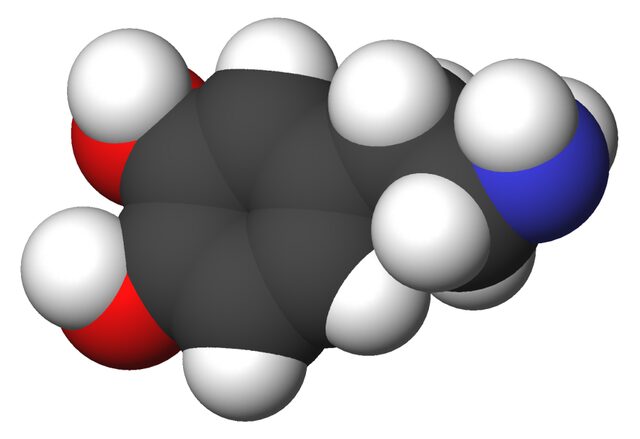An often overlooked aspect of the cryptocurrency market’s reputation for volatility is the effect sudden market changes can have on the mental health of traders and investors.
Addiction to day trading, or pathological trading, is already well-known among stocks and commodities traders and has been extensively documented by medical professionals. There are even rehab programs devoted to treating day-trading addiction.
With its possibility of “life-changing” money for those lucky or savvy enough to catch it, the crypto market has generated its fair share of trading addicts.
To get a better understanding of the mechanics of cryptocurrency trading addiction and how to recognize it, Magazine sat down with Tony Marini, senior specialist therapist at Castle Craig Rehab in Scotland, and Aaron Sternlicht, co-founder of New York-based private practice Family Addiction Specialist.
What is cryptocurrency trading addiction?
Sternlicht defines cryptocurrency trading addiction as the “persistent or recurrent pathological compulsion and obsession to engage in the behavior of investing in or trading cryptocurrencies despite negative consequences to personal and/or professional areas such as financial loss, disruption to relationships, career problems, mental health issues, and other such negative consequences.”
He believes that addictive behavior goes well beyond just buying and selling tokens. When a trader’s time is fully consumed with chart analysis, market research, data review, fundamental analysis or investor sentiment, there may be a problem.
It’s all about neurotransmitters
The body makes a neurotransmitter called dopamine that the nervous system uses to deliver messages between nerve cells. Sternlicht says that when the price of crypto goes up and someone completes a successful trade, they receive a rush of dopamine, bringing about a feeling of pleasure.
“The volatility of cryptocurrency coupled with the fact that it can be traded 24/7 can result in excessive and regular boosts of dopamine that make it much more addictive than trading other assets such as stocks,” Sternlicht says. Over time, those who develop an addiction to cryptocurrency trading come to depend on it to bring on excitement and feelings of pleasure.

Sternlicht says some stimuli that release excessive amounts of dopamine — such as sex, drugs, video games and social media — are more…
Click Here to Read the Full Original Article at Cointelegraph.com News…























